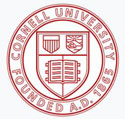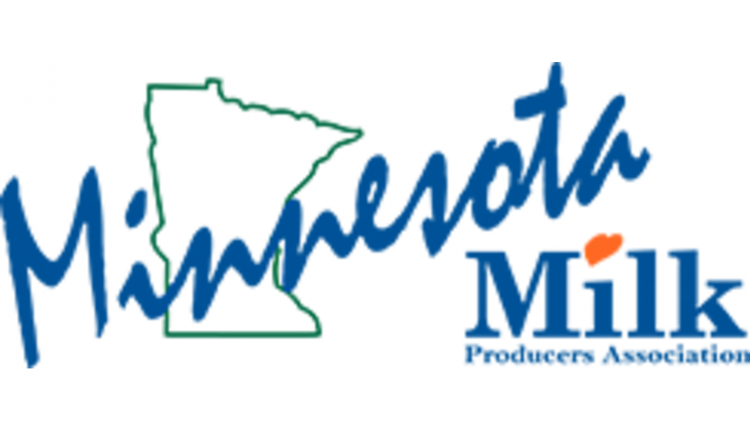
Educational Events
Composting Webinars – please visit http://conservationwebinars.net/ to sign up for either webinar.
- Wednesday, September 12, 2018 2:00 pm eastern/1:00 pm central: Composting – The Basics. This webinar will provide viewers with an understanding of the principles of successful composting of animal manure, bedding, food wastes and other types of organic material. Composting is a known strategy for management of animal manure as part of the agricultural waste management system. The principles of proper composting will be discussed. Discussions will also include the composting process, trouble shooting techniques, what is considered compost, how properly composting organic waste impacts food safety.
- Wednesday, September 26, 2018 2:00 pm eastern/1:00 pm central: Composting – Animal Mortality. This webinar will provide viewers with an understanding of the principles of successful composting of animal mortality in routine and emergency situations. Mortality composting is a known strategy of the agricultural waste management system. The principles of proper mortality composting will be discussed. Discussions will also include the composting process, trouble shooting techniques, what is considered compost, how properly composting animal mortality impacts biosecurity.
Mortality Disposal: Looking for Solutions Roundtable Events. Managing animal tissue is a significant challenge and responsibility in livestock production. Routine and emergency losses of poultry and livestock are significant environmental, biosecurity, and waste management concerns worldwide. Livestock mortality due to barn fires, roof collapses, excess heat/drought, ventilation system failures, and floods impacts many livestock operations. Many animals also need to be chemically euthanized due to illness and injury and to avoid suffering. Rendering has been an option for much of this mortality. Due to recent changes, chemically euthanized animals will no longer be accepted in rendering and there are limited alternatives for deadstock in general.
- Friday, September 21, 2018 9:00 am – 12:00 pm: Cornell Cooperative Extension, Oneida County. 121 Second Street, Oriskany, NY.
- Friday, September 28, 2018 9:00 am – 12:00 pm: Wyoming County Ag and business Center, 36 Center Street, Suite B, Warsaw, NY in Learning Center Room #1.
2018 Annual NYS Recycling Conference held at the Otesaga Resort Hotel, Cooperstown, NY. Please visit https://www.nysar3.org/page/annual-recycling-conference-23.html for more information, including the agenda and registration materials
- Tuesday, November 6, 11:30 am – 4:15 pm: Pre-Conference Workshop: Recycling Organics To Reduce Erosion and Build Soils. Use of compost, a recycled product, for controlling erosion and sedimentation can reduce costs, increase effectiveness of revegetation and promote environmental protection. Compost blankets, berms and socks can reduce soil loss and improve soil moisture retention. The day will feature a virtual tour illustrating the effectiveness of these tools as well as a demonstration of soil infiltration and run-off with Cornell’s Soil Health Truck.
- Wednesday, November 7 – Thursday, November 8: The National Sword and Quality Impacts on Recycling. Today’s recycling professionals are facing unprecedented challenges, including vanishing markets, rapidly escalating costs and intractable contamination problems. Yet, these challenges can lead to innovative approaches in the sustainable materials management economy of the future. NYSAR3’s annual conference will delve into how recycling professionals are facing the current challenges and exploring new ways forward.
Educational Materials
“Carbon Footprint of a University Compost Facility: Case Study of Cornell Farm Services” has been published in Compost Science and Utilization. Click on the link below to access the abstract. The full article is available to the first 50 people who click on “get access” on this page. After that, please contact msp5@cornell.edu for a copy of the article. https://doi.org/10.1080/1065657X.2018.1438934
Our Healthy Soils, Healthy Communities project website has been updated to help you more easily find information about soil contaminants, soil testing, healthy gardening practices, compost use, and related topics. Check it out at http://blogs.cornell.edu/healthysoils/, or from the links on the CWMI site! Please contact Hannah Shayler at has34@cornell.edu with any questions or feedback.
Compost Use for Improved Soil – Poster Series. These posters describe how compost can be used in different applications to improve the chemical, physical, and biological characteristics of soils. There are multiple uses for compost including use in agricultural production; on athletic fields; in gardening; for turf establishment and/or maintenance; in landscaping and tree planting; and in nurseries. Compost is a perfect medium for reclamation and remediation; for slope stabilization, erosion control and storm water management; and for roadsides, street trees and medians. Compost made in urban environments can and should be used locally to revitalize the urban environment. Please make use of these posters in your educational programs concerning compost use. Poster files are sized to be 32” wide by 40” high when printed as a full size poster.
Happy Composting!


